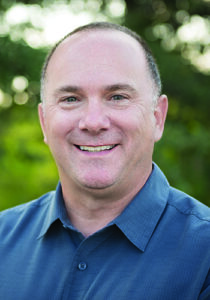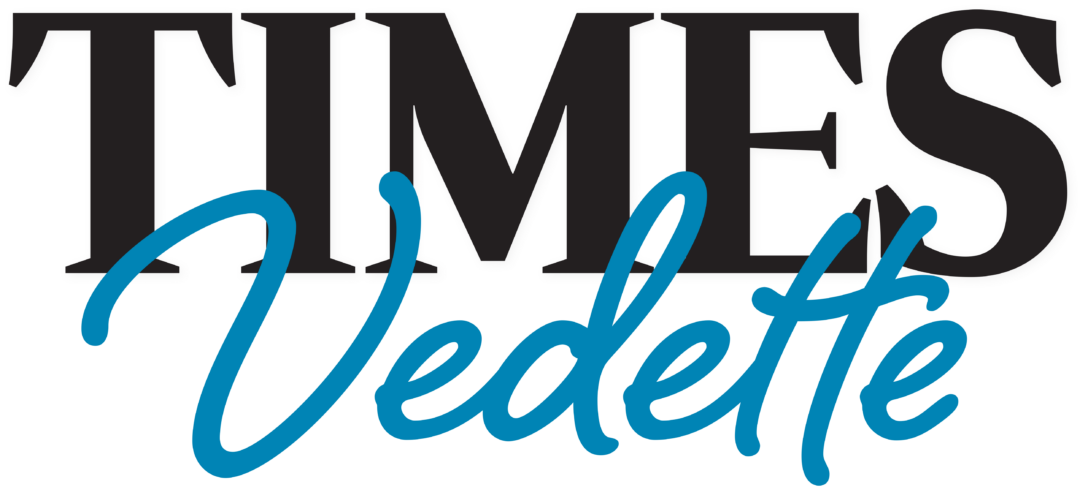
10-4. It’s today’s date. It was also a popular response when you acknowledged that you heard someone, especially in the 1970s. The phrase was often followed by “good buddy.” 10-4 was a way of saying the message was received on radio communications. “10-4, good buddy” was CB talk — that’s citizen’s band radio for those of you who didn’t experience it.
The phrase spread into popular culture when it was used in C.W. McCall’s No. 1 song in 1975 called “Convoy.” That song, and a related movie, introduced us to Rubber Duck, Pig Pen, Sod Buster and, of course, the smokeys and bears. About that same time, the “Smokey and the Bandit” movie took the trucking lifestyle and CB communication to a new level. Burt Reynolds, Sally Field, Jerry Reed, Jackie Gleason and that really cool 1977 Pontiac Trans Am, helped, too.
A few years ago, some good buddies of mine and I were feeling nostalgic and decided we would buy and install CB radios in our vehicles. What we were quickly reminded of was the importance of a quality antenna. And since none of us wanted to install a whip antenna on our vehicles, we settled for limited range and, as a result, only picked up the local school bus communication. I had a magnetic antenna that I put out through the moonroof on my truck when I wanted to use it. Seemed like a good idea, until the wind whipped it off and it slammed back and forth on the side panels. Regardless, we relived our youth and tried to recall all that CB lingo. It might seem silly with today’s technology, but the recent hurricane devastation and loss of power and modern communication methods remind me how important citizen’s band radio can be in emergency situations.
Back to 10-4. Ever wonder where the phrase originated? It is one of the “ten-codes,” or radio signals, invented by the Association of Public-Safety Communications Officials-International. The ten-codes are credited to Illinois State Police Communications Director Charles Hopper, who created them between 1937-1940 for use in quick and clear radio communications among police officers.
According to policecodes.net and other sources, the use of the number 10 before all of the codes wasn’t too important, as it was simply a placeholder to give the motor-generator time to speed up enough to hear the second part of the code. The 4 was chosen to mean “acknowledgement” of a message. These handy codes were quickly adopted by CB radio enthusiasts and truckers. Now you know.
So, as a salute to the 1970s, truckers, radio operators and CBs in general, I challenge you to say “10-4, good buddy” as many times as you can today.
Have a fantastic Friday, and thanks for reading.
Shane Goodman
Editor and Publisher
Times Vedette digital editions
shane@gctimesnews.com
641-755-2115
